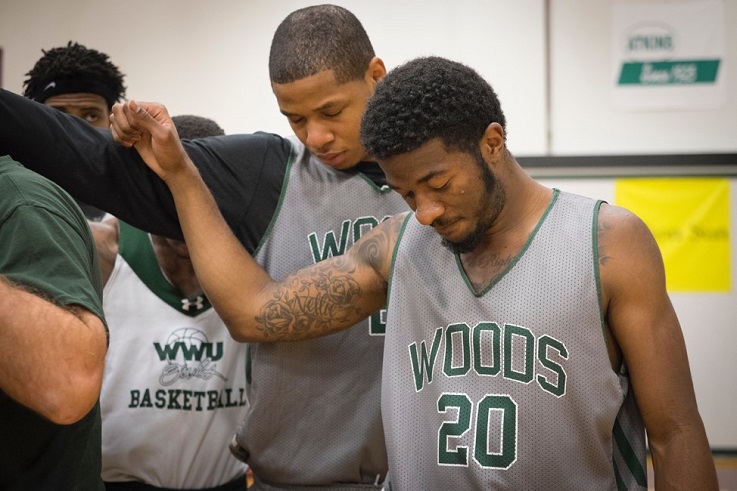Tending the fire; incorporating mindfulness into athletics administration, Part 3
 “Concentration and mental toughness are the margins of victory.”—Bill Russell
“Concentration and mental toughness are the margins of victory.”—Bill Russell
“Just as physical exercise must be performed with regularity to train the body for performance success, mental exercises must be practiced with regularity to benefit the athlete’s attention and well-being.” One recent study of Division I college football players looked into mindfulness therapy and relaxation techniques.
The study found that just 12 minutes of mindfulness practiced a day can strengthen sustained attention and improve emotional well-being.
“Exercise, as most of us know, is a form of stress,” writes Gretchen Reynolds covering the study for the Times. “The demands of exercise require our bodies to respond and adapt, and the greater the intensity of the exercise relative to our current fitness, the greater the level of stress it generates.”
The Mayo Clinic defines mindfulness as: the act of being intensely aware of what you’re sensing and feeling at every moment — without interpretation or judgment. Examples of mindfulness exercises can include yoga or Tai Chi, but also simply relaxing and becoming aware of the senses, or focusing on your breathing.
Mindfulness-based interventions, such as those outlined in Kaufman, Glass, and Pineau’s new book Mindful Sport Performance Enhancement (MSPE), is an emerging approach to help prevent and treat burnout in athletes. Each section of their book contains educational, experiential, and discussion components for coaches and athletics administrators for understanding mindfulness in workouts, practices and competitions, as well as everyday life.
How can athletics administrators incorporate mindfulness into training schedules to prevent burnout?
—
In this three-part series, Look into Education has also explored the current issue of burnout in student athletes — first defining burnout, and next outlining what athletics administrators can do about it.

